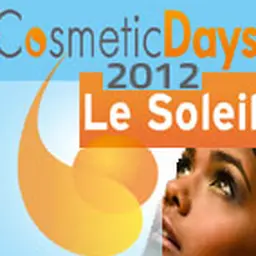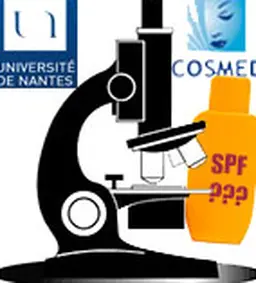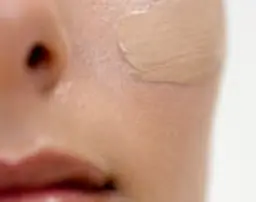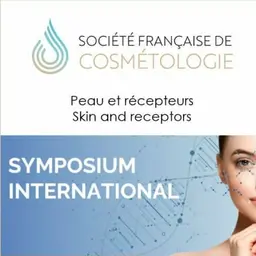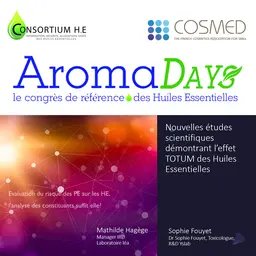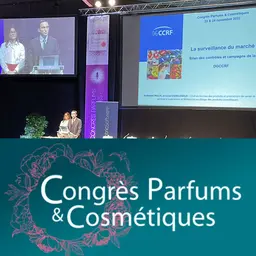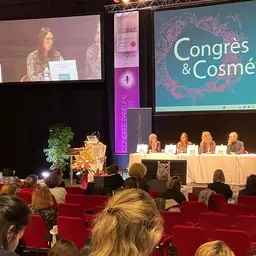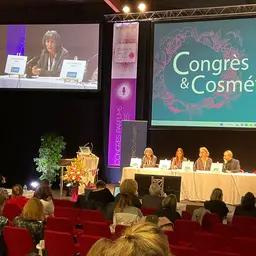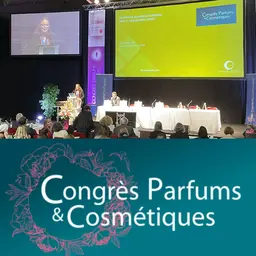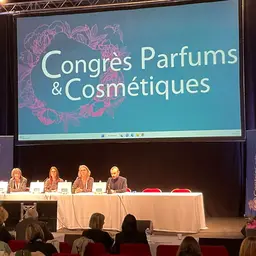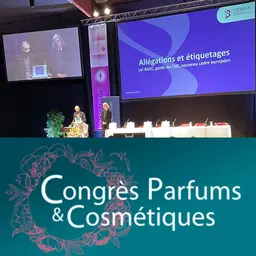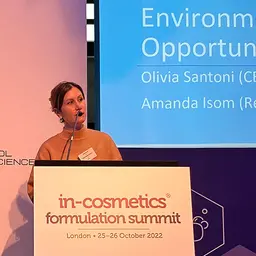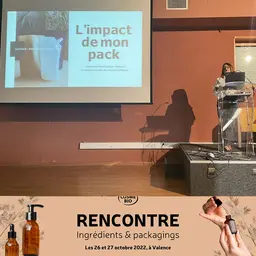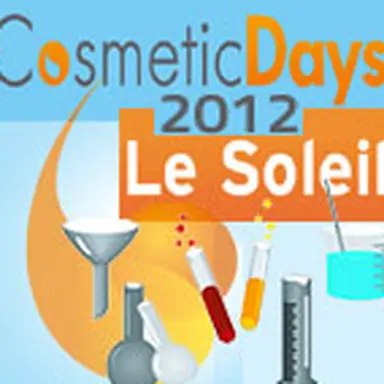
What is the ideal formula for a sun protection product? What type of formulation should I choose? With which filters, dispersed in which form? To provide what type of protection? What are the avenues for future developments and the improvement of protective efficiency? Several speakers at the Cosmetic Days, organised by Cosmed in Marseille on 6 and 7 December, took stock of current knowledge and opened the debate on possible future directions.
Élodie Gilbert, from the Faculty of Pharmacy in Lyon, took stock of what is being done today in terms of the formulation of sun protection products.
As UVC (wavelengths of 200-280 nm) are blocked by the ozone layer, cosmetics focus on preventing the skin from absorbing two types of UV radiation:
• UVB, with a wavelength of 280 to 320 nm
• UVA rays, where a distinction is made between short-wave UVA II, from 320 to 340 nm, and long-wave UVA I, from 340 to 400 nm
As a reminder, short wavelengths are more aggressive to the skin barrier; long wavelengths penetrate deeper into the skin where they also cause damage (See the article Skin and sun: Ten Questions/Answers for the right protection).
Sunscreens are available in different dosage forms:
Sunscreen products can be presented in different galenic forms:
• Fluid emulsions (milks) or thick emulsions (creams)
• Formulations in gels or oils
• Formulations in sticks
All these formulations depend on the physico-chemical properties of the incorporated UV filters (lipophilic, hydrophilic, mineral, chemical), the incorporation of the filters and the combination between several of them… But in all cases, they must :
• Allow the filters to remain …

